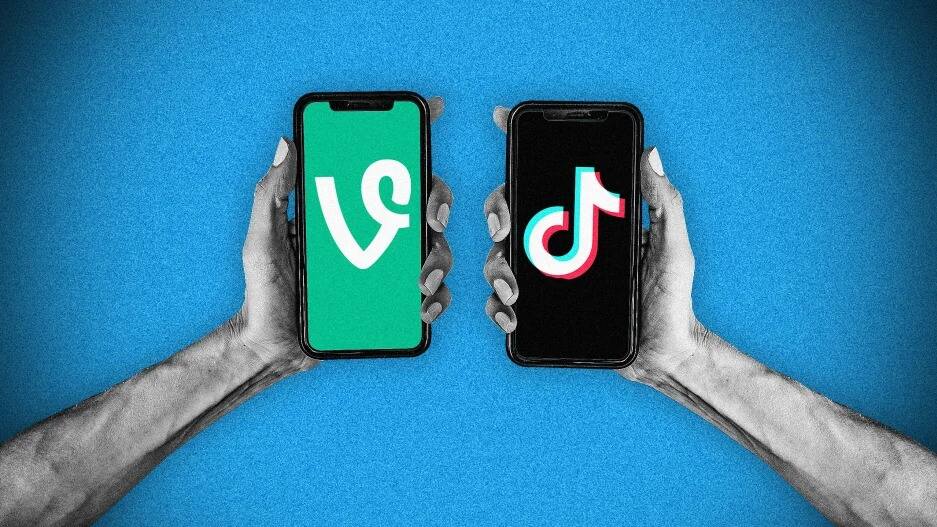- | 9:00 am
If Elon Musk resurrects Vine, can it compete with TikTok?
Twitter does need a video strategy (if it survives the next couple of months). But it shouldn’t look like TikTok, according to one expert.

Last month, Twitter CEO Elon Musk caused a flurry of speculation—as he’s been wont to do since assuming his new role—when he tweeted a poll asking if he should bring back Vine, the short-form video app Twitter purchased in 2012 and shuttered in 2016.
Nearly 5 million votes later and 70% of people voted to resurrect Vine. It would seem Musk has more immediate problems to figure out at Twitter. But, according to Lauren Schnipper, VP of corporate development at Jellysmack and cohost of the creator economy podcast Creator Upload, Twitter should have a meaningful video experience. Whether or not that’ll be the Vine we once knew is another story.
“What does that even mean other than a marketing ploy using that name? Because whatever they’re going to do, it’s going to look entirely and totally different,” Schnipper says.
So that begs the question: What would “Vine” be like today? And, more importantly, could it compete with the reigning short form juggernaut that is TikTok?
To tackle this question, it’s worthwhile to remember what caused Vine’s downfall in the first place.
In its heyday, Vine was a breakthrough. It took the idea of short-form content to a new creative level with a six-second limit on videos that would play on a loop. The platform made stars of a number of creators such as Amanda Cerny, Lele Pons, King Bach, Rudy Mancuso, and Nash Grier. As many as 200 million people were watching Vines in 2015 and the app was logging 1.5 billion “loops,” i.e. video views, per day.
It was clear Vine was an app to beat. But what was also clear were noticeable chinks in their armor—namely, no clear path toward monetization for the creators bringing in those views and no further product innovation. Some of the app’s biggest creators even went to directly to Vine’s HQ in 2015 with a proposal: pay them $1.2 million each, introduce new features, have a more direct line of communication with Vine’s staff, and they would produce three Vines per week.
The deal didn’t go through but, in a way, it was already too late for the app, as many creators had already shifted to other platforms including Facebook where Schnipper was working as creator partnerships lead at the time—a position she feels should have existed at Vine.
“Vine didn’t want to be the place for these misfit creators. They didn’t want that. So they didn’t support them,” she says.
In order for Vine to have a fighting chance in today’s creator landscape, Schnipper says it needs to come out the gate with a clear path toward monetization.
“I wouldn’t start with this, ‘let’s launch it, and let’s see.’ I just think that that’s gonna be a big waste of time,” she says. That said, she feels creator funds aren’t sustainable enough and ad supported monetization against short-form video isn’t where it needs to be.
TikTok finally rolled out its monetization structure earlier this year with TikTok Pulse. And next year, YouTube will also allow monetization against YouTube Shorts. But Schlepper predicts creators will likely continue use short-form video to push toward their longer form content because more ad dollars will exists in the latter.
“I think that’s going to be very difficult to make a real living on just ad supported [short-form content],” she says. “But it’s an arms race to who can figure it out first.”
And it’s possible Vine could be the one to innovate in that space. But it’s also worth considering what kind of content should be on Vine in the first place.
As Schnipper noted, Twitter would do well to make some kind of meaningful video play. However, it doesn’t necessarily mean it has to lean toward entertainment as most social platforms tend to do.
“It’s almost less about what they could do and who could they do it for,” Schnipper says. “Everybody gets their news on Twitter, right? So what are the products and services that they can build for those folks that they really want versus what is the definition of a creator?”







































